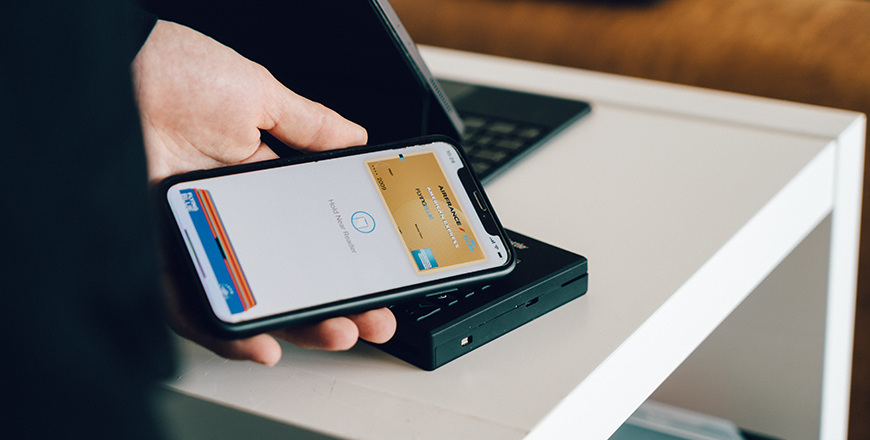AMMAN — Mobile holders in Jordan will be able to use their phones to pay for groceries, coffee and even taxi fares as of March under a project to be launched by the Central Bank of Jordan (CBJ).
Around 75 per cent of Jordanian adults do not have bank accounts, and accordingly do not have debit or credit cards, and use cash to settle their bills and purchase items and commodities.
Under the Jordan Mobile Payment project, cellphone owners, both Jordanians and foreigners living in the Kingdom, can open an e-wallet at any of the country's telecom operators, Middle East Payment Services, Emerging Markets Payments or their agents’ centres and banks, Maha Bahou, executive manager of the payment services department at the CBJ, told The Jordan Times.
“Those with e-wallets can use their mobiles to make money transfers... to other e-wallet users in Jordan," Bahou said on the sidelines of the Electronic and Mobile Payment Conference, where several experts looked into challenges and opportunities in the e-payment sector.
"Those with e-wallets can also withdraw any amount of money from any ATM in Jordan by scanning their mobile on the screen of the ATM," she added.
"They can also pay their bills by transferring the required amount from their e-wallet to the e-wallet of a shop, taxi driver or restaurant,” Bahou noted.
The CBJ will monitor all transactions conducted via mobile phones to ensure security for users, she said, adding that the programme was designed to protect users from any fraud attempts.
Operators or companies that issue e-wallets must abide by CBJ regulations on mobile payments and will have to deposit collateral at the CBJ that are equivalent to the amount of wallets they want to issue.
“If a telecom operator issues e-wallets with a total value of JD1 million, they will have to deposit a collateral of JD1 million at the CBJ. If the company goes bankrupt, the collateral will be used to compensate those who opened e-wallets,” Bahou explained.
“Anyone who holds a mobile phone, not necessarily a smart phone, and anyone who does not even have a bank account can open an e-wallet.”
Under the programme, a mobile holder who has an e-wallet and is a Zain Jordan subscriber for example can transfer money to a person with an e-wallet who has an Orange Jordan SIM card, she said.
The CBJ official added that the programme's partners have already imported some 374 devices with near field communication technology to distribute at several points of sales, such as restaurants, malls or stores.
“An e-wallet user can transfer money from his wallet to another via mobile to settle a payment, and can also scan his mobile over one of these devices that will automatically deduct the amount,” Bahou said, noting that many more devices will be available in the future.
The government is likely to use the programme to transfer its cash compensations to beneficiaries for lifting the fuel subsidy or other types of subsidies. Even social security pensions can be sent to e-wallets as not all people have bank accounts but almost all carry mobiles, she added.
Mobile penetration in Jordan reached 155 per cent by the end of September 2013, with 10.227 million subscriptions, according to official figures.
At a later stage, users of the service will be able to make international transfers, Bahou said, noting that there will be a limit on how much they can spend to prevent any money laundering attempts.
Organised by the ICT Association of Jordan (int@j), Tuesday's conference was held in cooperation with CBJ and the Ministry of Information and Communications Technology.
Several speakers addressed issues of security, e-commerce, electronic and mobile payments, as well as related challenges and trends in the region.


















